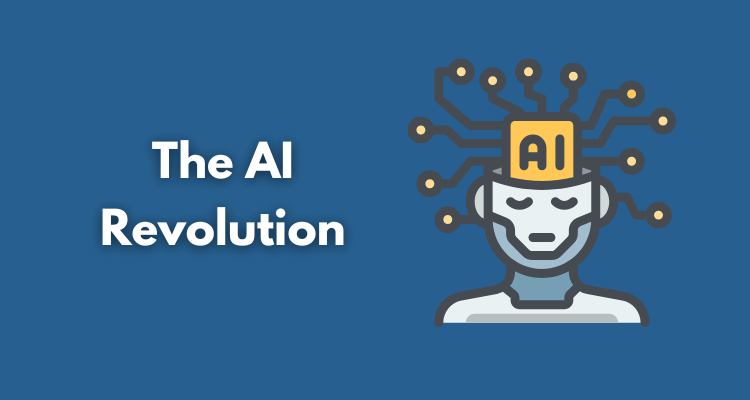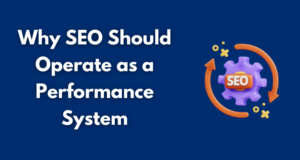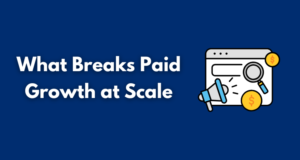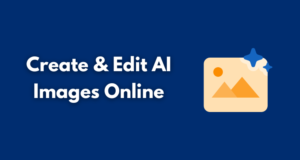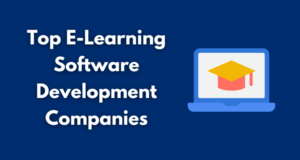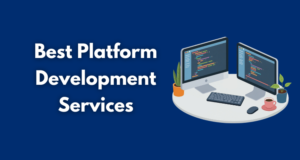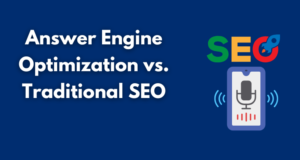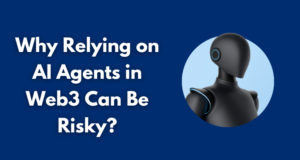Artificial Intelligence is no longer a concept of the future; it is changing the way we live, work, and use technology today. PwC predicts that artificial intelligence will contribute up to $15.7 trillion to the global economy by 2030, making it one of the most disruptive forces of our time.
From chatbots, descriptive analytics, and autonomous vehicles, the revolution of Artificial Intelligence is changing every major industry. One of the most immediate changes we see is in surveillance, where AI NVR (Network Video Recorders) systems are leveraging real-time object detection, facial recognition, and behavioral analytics to protect us like never before.
Table of Contents
ToggleHow AI is Disrupting Traditional Business Models

AI causes disturbances in traditional ways of doing things in most industries. In the retail space, AI recommendation engines were responsible for pervasive personalized shopping experiences that dramatically improved conversion and customer satisfaction.
Companies such as Amazon and Alibaba have embedded AI in their logistics and fulfillment systems, optimizing delivery routes, inventory management, and future demand forecasting with near-perfect accuracy. These systems can now analyze terabytes of data in a matter of seconds, delivering business advantages which were previously difficult to imagine.
Additionally, the rise of AliExpress dropshipping has been empowered by AI tools that automate product selection, pricing strategies, and order fulfillment, making it easier than ever for entrepreneurs to launch scalable ecommerce businesses with minimal overhead.
Algorithmic trading and fraud detection have become commonplace in the finance sector. Machine learning algorithms will review millions of transactions and rapidly identify abnormal behavior monitoring fraud and helping improve compliance with regulations.
Traditional banks face disruption from fintech firms that utilize AI for robo-advising, credit scoring, and customer support automation all while reducing costs and improving service.
Manufacturing and the Rise of Smart Factories
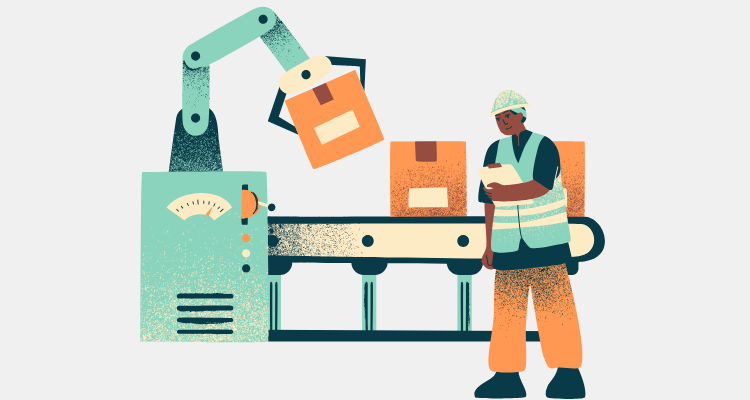
The manufacturing industry is quietly but powerfully evolving through the use of AI. Smart factories are employing AI powered systems to proactively monitor machine health, predict and forestall failures, and schedule maintenance on their own.
This utilization of AI will minimize downtime, improve employee productivity, and maximize ROI. AI powered IoT devices also enable factories to develop self-regulating ecosystems that respond to shifts within the supply chain in real-time.
Predictive quality assurance is a true game changer. Rather than performing inspections on finished goods, AI systems integrated with pipe fabrication software are now analyzing data at each step of the manufacturing process to identify potential defects ahead of time. This preemptive process leads to less waste, consistency, and increased profit.
Healthcare: Precision, Prediction, and Personalization
AI is transforming the field of healthcare through highly accurate diagnostics, robotic-assisted surgeries, and predictive analytics. Algorithms trained on vast amounts of data can sense diseases such as cancer in the earliest possible stage, often with more accuracy and speed than human medical providers.
AI-enabled imaging tools can review CT, MRI, or X-ray scans, analyze the images within seconds, and provide findings to speed up the process of diagnosing and managing treatment.
In addition to diagnosis, AI is paving the way for personalized medicine. Machine learning models can offer personalized treatment plans based on a patient’s genetic background, lifestyle and medical history.
Virtual health assistants and chatbots are also alleviating the demands on the medical workforce through efficient scheduling, medication reminders and triaging of symptoms.
AI NVR and the Next Generation of Surveillance
The use of Intelligent Network Video Recorders (NVRs) has drastically improved the capability of surveillance systems. AI systems can do more than just capture, they can interpret video feeds in real-time as they broadcast.
These systems can detect movement, recognize faces, capture license plates, and indicate crowd behavior that may alert law enforcement of a potential threat before it escalates.
Intelligent monitoring is enhancing public safety in urban areas, airports, and retail settings. Retailers are using AI-driven NVRs not only for loss prevention, but also as a way to assess client habits and movements, foot traffic patterns, dwell time, and engagement time.
AI NVR data gives our ability to build better layouts, smarter staff allocation and lead to the best in store experience.
The Future of Work: Human + Machine Collaboration

Not only is AI eliminating jobs but rather it is transforming work itself. Routine and repetitive tasks are increasingly being automated, and AI technology enables humans to spend more time performing higher-level, more creative, and more strategic work.
Indeed, the World Economic Forum predicted that while 85 million jobs may be displaced by 2025, 97 million new jobs will be created that are more adapted to the new division of labor among humans, machines, and algorithms.
The future workplace will be characterized by human-AI co-working. The AI tools will become co-pilots, enhancing decision making, increasing productivity, and decreasing errors.
An example in marketing, an AI will segment audiences, improve ad performance, and come up with content ideas, Marketing professionals are now using AI image generators to align visual storytelling with tailored messaging. while human offers the creative direction and emotional intelligence that machines don’t have yet.
Steve Scheffler, Marketing Director at Tattoos.AI, an AI tattoo generator, was recently asked about the effect of AI on jobs in the tattoo industry. “AI is not here to replace tattoo artists, it is built to elevate them. Equipped with the right tools, artists can push the boundaries of productivity and creativity. It will change jobs, not remove them.”
Challenges Ahead: Ethics, Privacy, and Skill Gaps
While AI holds great promise, it raises significant concern. People, particularly, are increasingly worried about implications with privacy as we find the need to scrutinize and collect more data more aggressively. The use of AI NVRs that can have facial recognition built-in raises important questions, ethically, around consent, bias, and supervision.
Moreover, the gap in skills is widening. As artificial intelligence (AI) tools continue to proliferate, the world’s work forces now faces the challenge of upskilling and reskilling. Investment in education and training by governments and corporates will be needed to ensure workers will not be disconnected from or shut out of the digital economy.
Conclusion: Adapting to an AI-Driven Future
The AI Revolution is here and it’s speeding up. Sectors that lean in to this moment find that efficiency and informed decision-making is improved, and customers are more engaged. From AI NVR systems improving public safety, to intelligent algorithms in medicine and manufacturing, AI is more than a technology, it’s a shift in thinking.
Yet, in order to leverage the full potential of AI, we must be able to successfully negotiate the ethical, social and educational implications posed by AI. This can result in a future of work that strengthens and augments the workforce rather than diminishes it, resulting in innovation for shared wealth.

